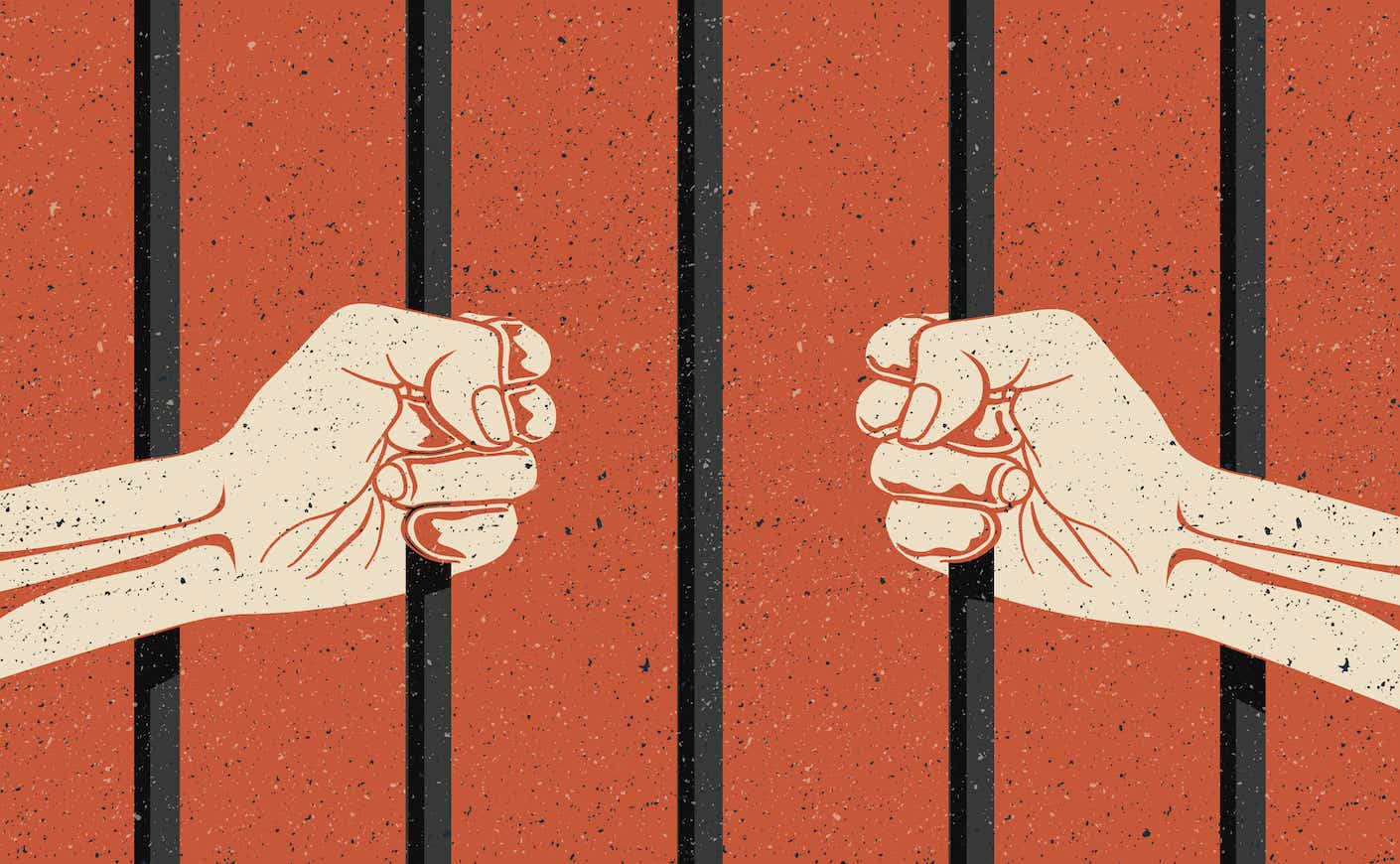I recently attended a lunch for an organization called REFORM Alliance, which is dedicated to transforming the probation and parole system in this country and was founded in 2019 by a group of business leaders and philanthropists. REFORM works with the largest segment of people within the criminal justice system: the 4 million Americans who are on supervision.
When prisoners are released on parole and probation, our criminal justice system rests on draconian rules that are unthinkably difficult to adhere to while getting back on your feet. Because of these hurdles, parole and probation failures account for 45 percent of all prison admissions.
I wanted to learn more about ALLIANCE’s mission to help these people, the original intent of parole and probation, and how we can help end the revolving door of a criminal justice system that costs taxpayers billions of dollars and destabilizes families and communities. I spoke with Robert Rooks, the CEO of the organization who has worked on reducing mass incarceration for two decades. Here is our lightly edited conversation.
Katie Couric: Let’s start with the basics. What is REFORM Alliance?
Robert Rooks: REFORM Alliance is committed to transforming our nation’s probation and parole system through changing laws, changing systems at the state and local level, and changing culture. We’re working to replace a system focused on punishment with a system focused on accountability, rehabilitation, and well-being.
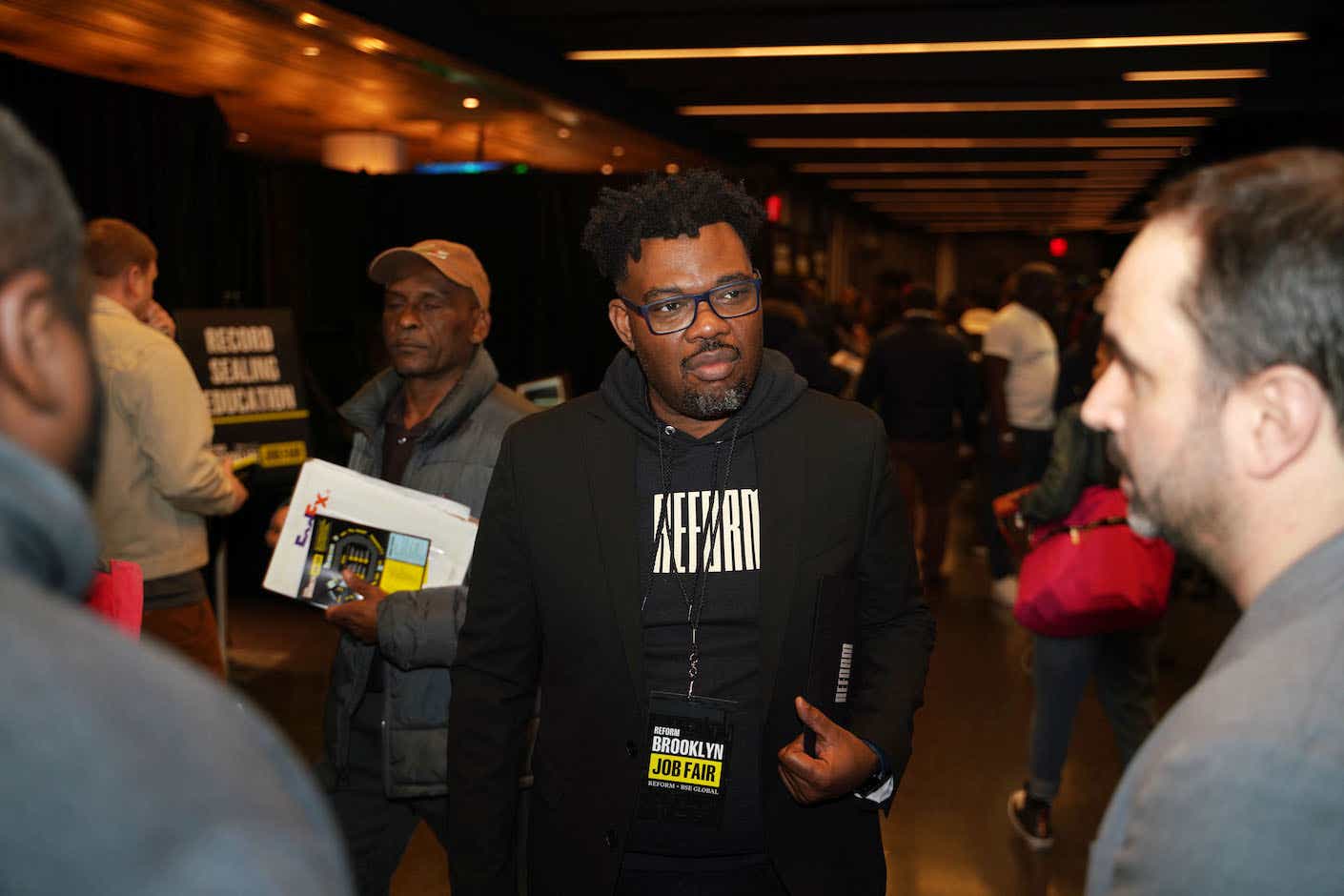
What’s wrong with many of the parole and probation laws that currently exist?
Probation and parole are supposed to be rooted in rehabilitation but instead have become pipelines to prison. Antiquated laws keep people in the system for too long and prevent people from accessing critical economic opportunities to support themselves and their families. The majority of people entering prison today are going to prison because they failed the terms of their probation. There is a web of contradictory and complex technical rules people on probation and parole face, and it’s nearly impossible to complete a term successfully.
We can look to history to understand what a successful probation and parole system looks like. The origin of probation can be traced to the 1800s when a bootmaker named John Augustus volunteered to bail a man charged with drinking out of jail and rehabilitate him. The judge agreed and was impressed by Augustus’s ability to rehabilitate him. That was the founding promise of our nation’s probation system, premised on rehabilitation and helping people with the root cause of the issue.
What’s happened since then? What has gone wrong?
In the 80s and 90s, our nation was grappling with crime, violence, and addiction. First, the myths around super-predators were introduced. Second, the crack cocaine epidemic destroyed communities, including my own. But what resulted was a system that focused on mass surveillance and extreme punishment as opposed to rehabilitation. Tough punishments were something people could see and election officials could talk about. That’s what drove the system. And it went too far on the punishment side, to the detriment of our communities. We’re working to correct that balance. REFORM Alliance is on the frontlines of trying to do that.
Why is it so hard for people who are on parole or probation to get back to being productive members of society?
Right now, unfortunately, the system is broken. When someone is released from custody and on parole or probation, they’re hamstrung with all these technicalities, like meetings they can’t go to — those things are keeping people from work, keeping people from providing for their family, and increasing their chances of returning to prison. In fact, 43 percent of people going into state prison all across the country are people who were on probation or parole. Twenty-five percent of those people are going back in, not because they committed a new crime, but for what we call a technical violation — they didn’t make a meeting or they stayed out after curfew. Also, just having a felony on your record keeps you away from many jobs. If a job is connected to a government contract, for example, you can’t do it because you have a felony on your record. That hinders people from re-entering society and getting a job. So eliminating the felony barrier is a huge part of this work.
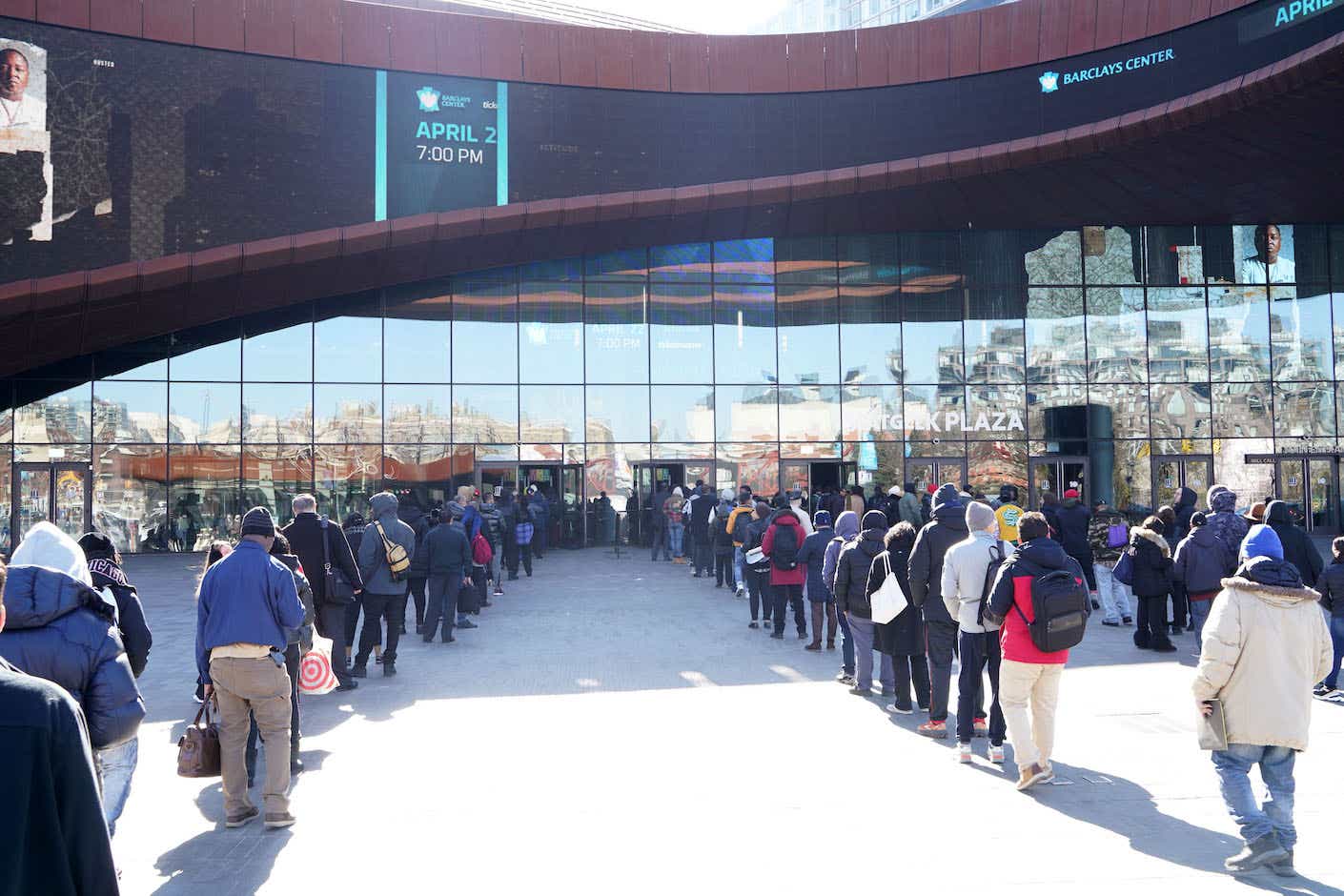
What are other examples of technicalities that can completely upend someone’s efforts to find a job and provide for their family?
If you get a ticket when you’re driving, you run the risk of going back to prison. If you go to a neighboring town or county for work or to visit family, you run the risk of being sent back to prison or jail because there are stipulations that limit travel. If you go to an event where alcohol is served, that could result in incarceration. In some places like Philadelphia, if the courts believe you’re likely to commit an offense in the future, even with no immediate reason for concern or evidence, they can revoke your parole and send you to prison. We call that the Minority Report provision. This is the most un-American aspect of our criminal justice system. This needs to change.
How do you balance accountability with the level of freedom that someone needs in order to pursue career opportunities?
I appreciate the question. Everyone wants accountability, but setting people up for failure is not that. We need a justice system that holds people accountable — via restorative justice, restitution, or community service — while also providing people with a path to rehabilitation, work, and well-being. We need to address the root causes of why people end up in the system in the first place and provide them with the resources they need to be successful. How about holding officials accountable to help people get jobs, housing, and other support services? At REFORM, we want to dismantle the supervision-to-prison pipeline and transform our probation and parole systems to actually meet the needs of people. That’s why we’ve spearheaded 16 pieces of legislation in 10 states, creating pathways for 650,000 people to exit the system. That’s true public safety.
Is REFORM focused on getting a more extensive support system for these folks who need help reentering society and becoming productive citizens?
From my perspective, that is the work. We need to find out who’s providing supportive services in the community: Mental health and substance abuse treatment, connecting people to supportive housing and jobs. It’s not rocket science; it’s the essentials. That’s what we need to work on, and what we’re working on right now in Brooklyn. We have been organizing large-scale opportunity fairs around the country to connect job seekers to prospective employers and other resources to help them succeed in the job market. It’s a team effort that includes our elected leaders, corporations, and neighbors.
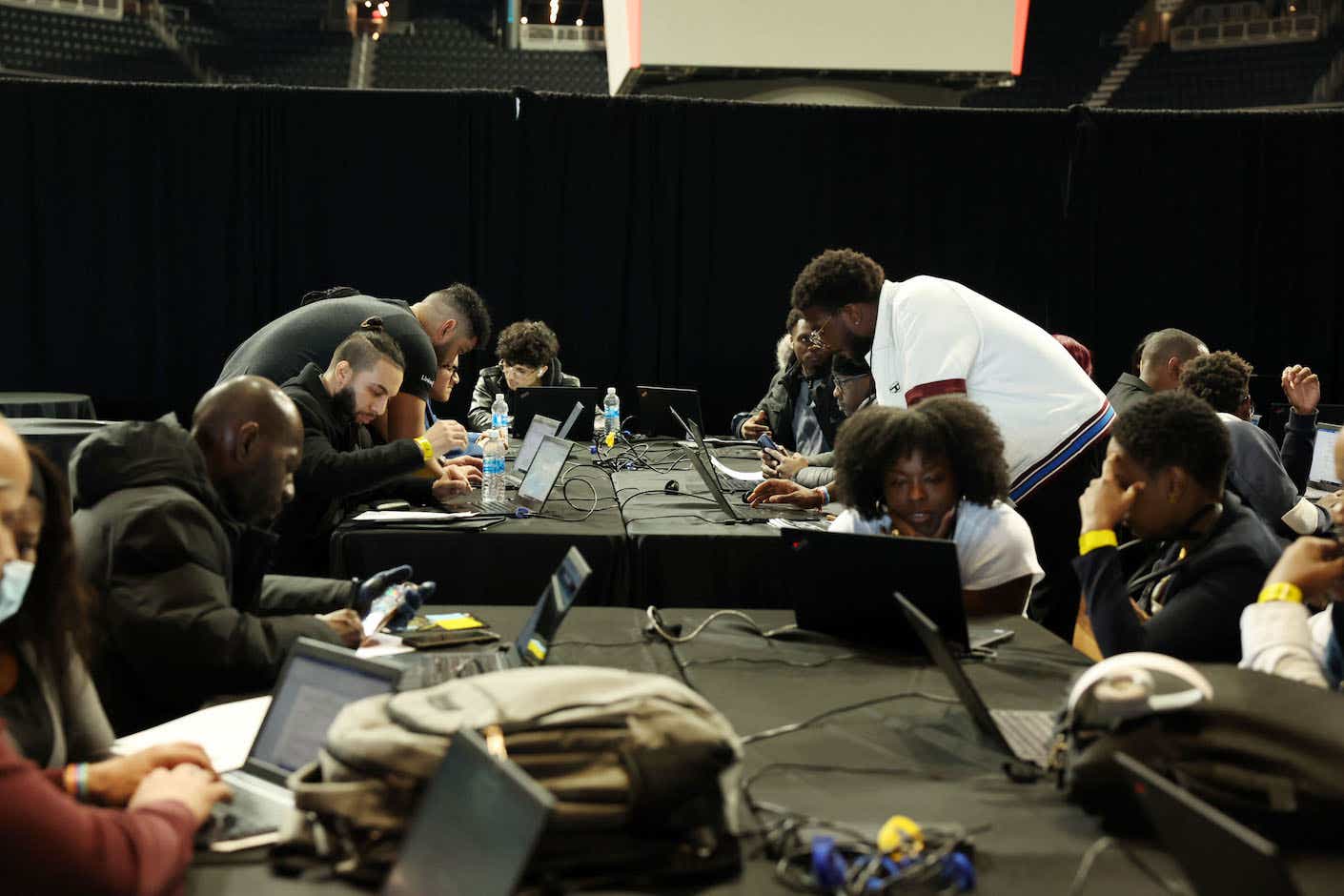
In fact, I know you’re talking to me from a job fair in Brooklyn that Reform Alliance is sponsoring. What can you tell me about that?
Yes! Here in Brooklyn, we’re holding an opportunity fair at Barclays Center in partnership with BSE Global and the Joe and Clara Tsai Foundation’s Social Justice Fund. We have a special focus at this event on people impacted by the criminal justice system. This response has been incredible, as we’ve had lines out the door all day. Over 42 employers are at this event with open jobs, and we are also offering resume support and interview tips, haircuts and professional attire, record sealing education — things people need to succeed in the job market. Formerly incarcerated people have an unemployment rate of 27%. That’s higher than at any point during the Great Depression! We’re giving people real opportunity and hope, and we’re helping employers find talent. It’s part of a series of opportunity fairs we’re organizing throughout the country to promote second-chance hiring and connect people to jobs and other resources. In addition to the one here in Brooklyn, we’ve held fairs at Madison Square Garden, in Philly, and in Des Moines, Iowa. We’re reaching thousands of people, and we’re going to reach even more.
That’s wonderful. But without these opportunities, I imagine that too often the system creates a revolving door to the nation’s prisons.
That’s exactly right. I’ve been doing this work for 25 years, and I must say, we missed this issue and the role probation plays in feeding mass incarceration. We believe the system is broken for that reason. We also believe it’s broken because people aren’t getting the help and support they need when they’re in the system.
Are there recently released prisoners or those on probation who are assigned to a social worker who can help mitigate some of the issues that many of these people face?
Let me give you an example. In El Dorado County, California, the probation department has purchased homes, and people on probation are managing and doing the upkeep of those homes and getting credit for it. They’re learning life skills that they didn’t get anywhere else. Also in California, they have these reporting centers where people on probation can go and check in and identify their needs to people who are responsible for providing those services.
So we’re seeing pieces of the vision unfold in states like California because they made a dramatic change to their probation system. When REFORM first started doing work there, someone could be on probation for upward of six years, and we passed a piece of legislation that limits misdemeanor probation to one year and felony probation to two years.
If someone can be given responsibilities for a period of time ranging from street cleanups to volunteering, then that would keep them out of the probation system altogether. But we have a long way to go.
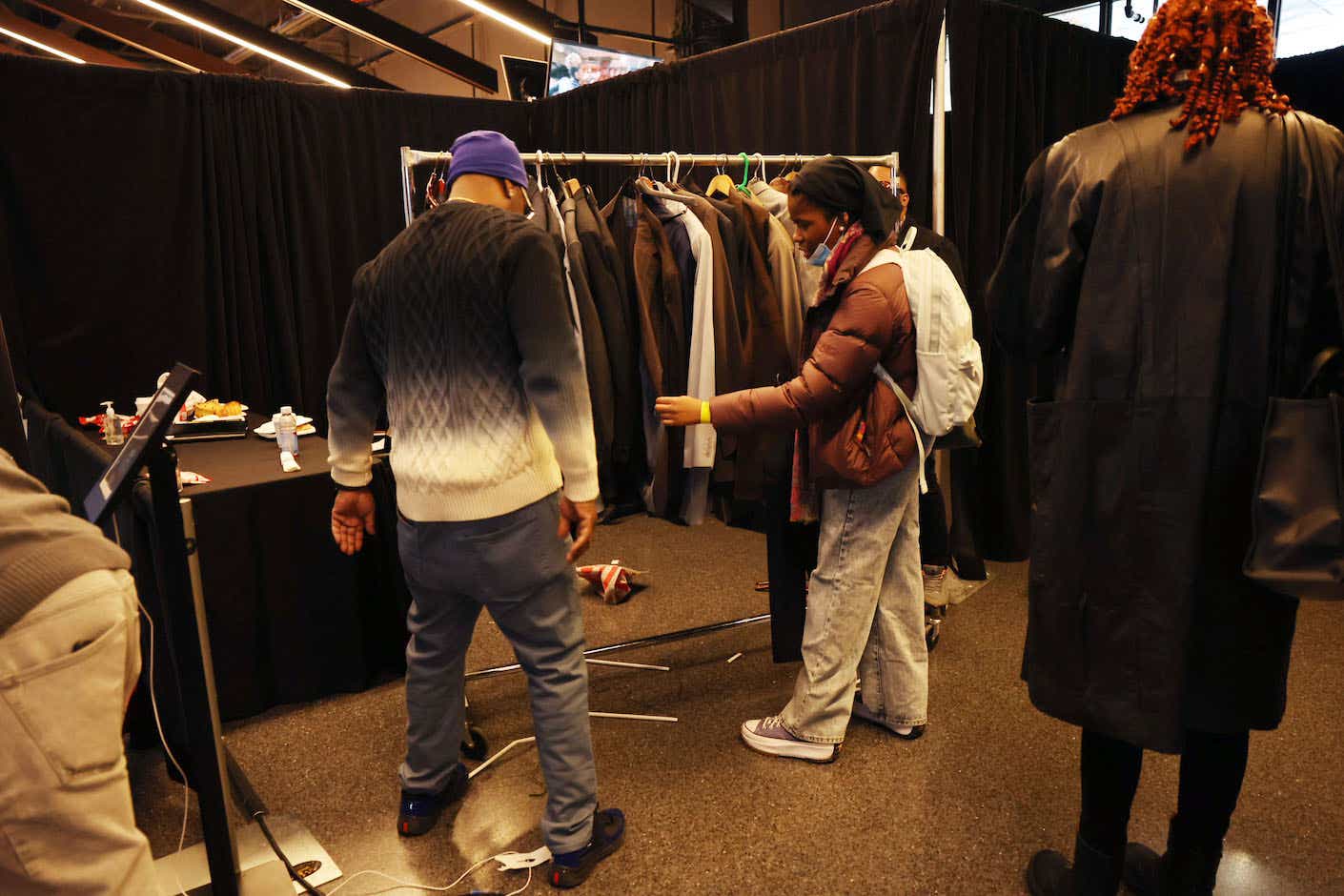
Are you worried these efforts are not going to be as embraced as you’d like by the general population because of concerns over increased crime rates happening right now?
The data is suggesting spikes in certain types of violent crime in large cities across the country, but that opens up a broader conversation about what we’re doing in our criminal justice system. The public doesn’t view punishment as the only solution anymore. We’re not where we were in 1980, where the reaction to the crime rate was, “Oh, lock ’em all up.” You see some people talk about those things, but by and large, the public isn’t responding that way. Why? Because the public understands that growing the criminal justice system even more hasn’t helped us tremendously in the last 30 years and won’t help us in the next 30 years. The public wants a smarter and fairer approach to an increase in crime. They want us to address the root causes. The fundamental question, when I’ve done this work across the country, that people want to be answered is, how do we do this in a way that keeps what happened from happening again? If you approach it from that perspective, there’s a suite of things we can do to keep that from happening.
What kind of crimes are we talking about when we talk about probation and parole in general?
Probation is given to people who have been deemed by the courts not to be a threat to themselves or someone else. And this is generally for lesser offenses. For more serious offenses, the person does prison time. The parole kicks in when they are released early — a parole board looks at how long someone was in and the types of programs that they participated in and their record inside of prison. Did they commit any additional crimes or were they involved in fights?
That’s where REFORM comes in. Can we ensure the success of that person who’s been released in the community? And we’re finding out that if the supervision of that person is punitive-based, it doesn’t work. If we can focus on getting people jobs and housing, we’ll see a better return on our investment. We’ll see people thriving and becoming successful. We’ll see individuals and families come closer together.
That’s what we’re looking for. And that’s what makes safer communities.
People can join us by becoming a member of REFORM. They can text 81411 or go to reformalliance.com. We are also always looking for employers who may want to partner with us on second-chance hiring.







